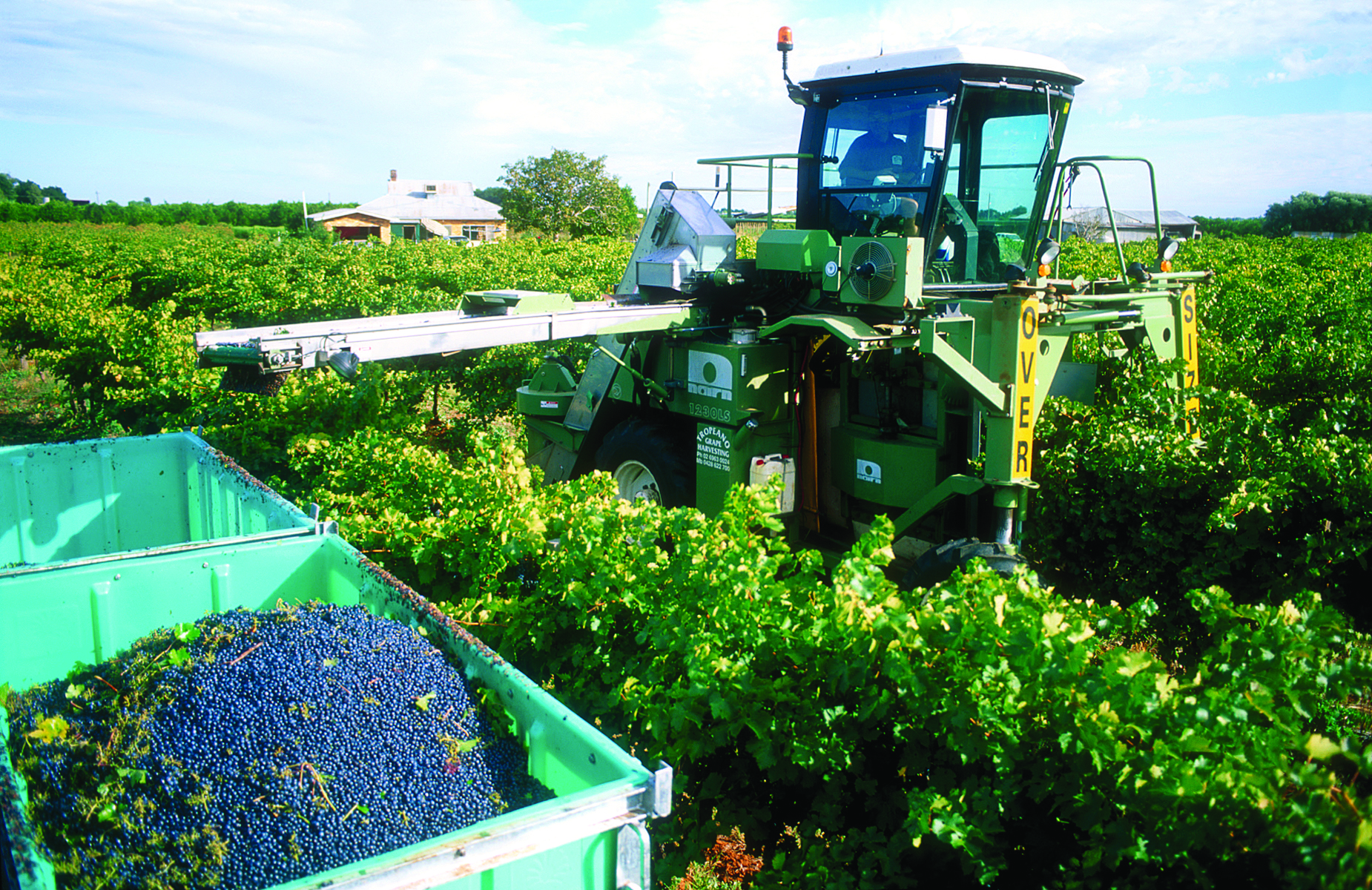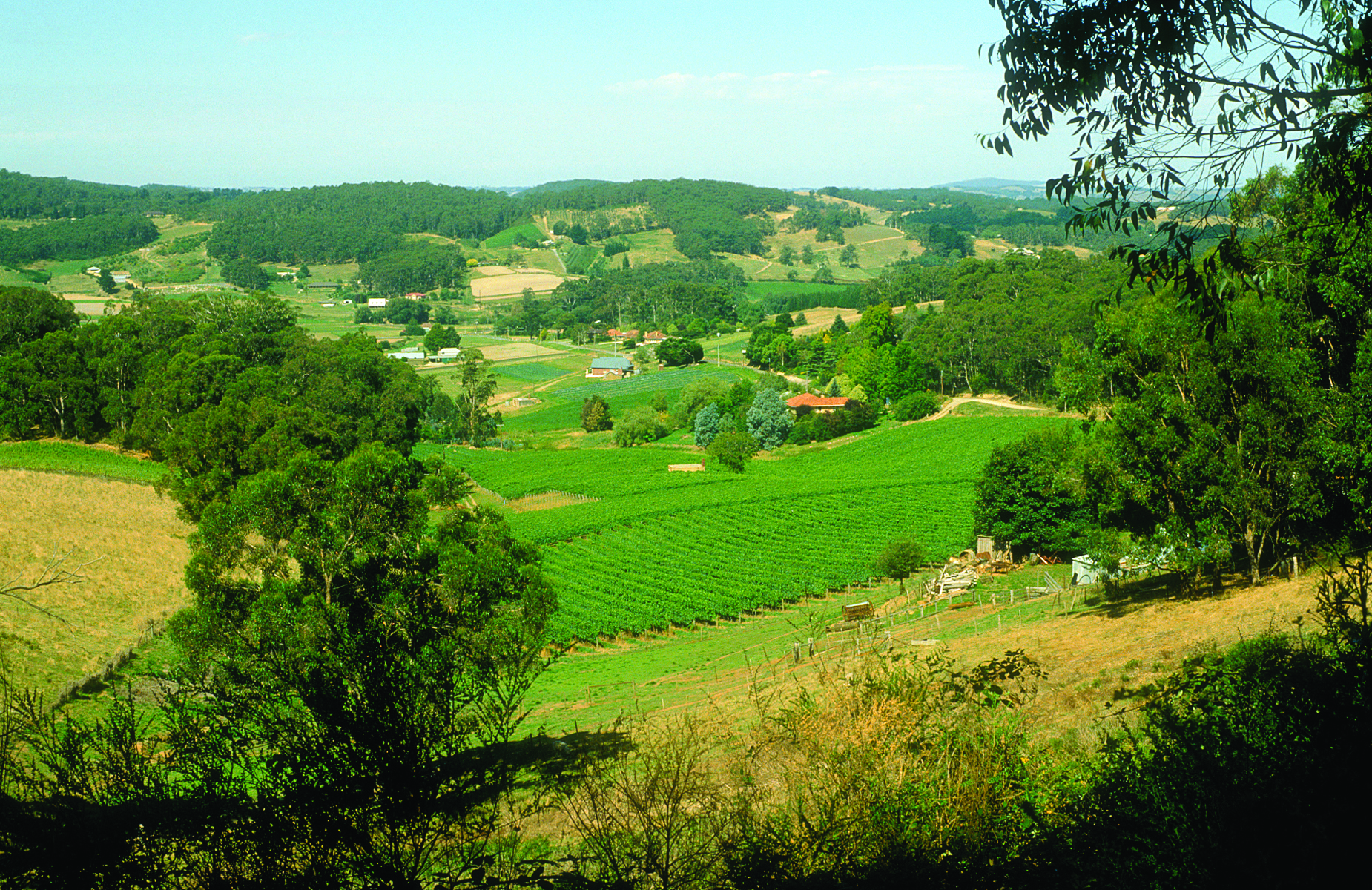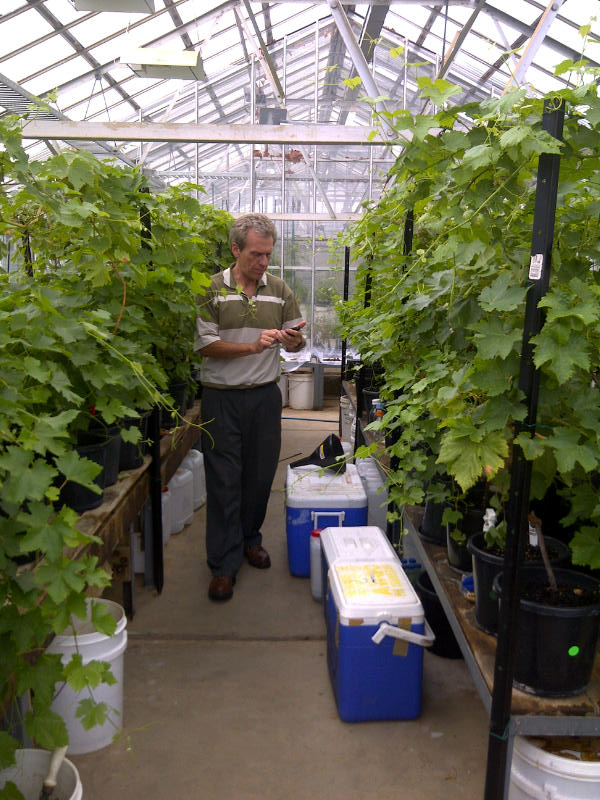Machine picking red wine grapes (shiraz) in a vineyard at Griffith, NSW. 2002.
It’s a ‘grape’ day for turning wastewater into wine.
Bill Gates caused a stir recently by drinking a glass of water that had, only five minutes earlier, been human waste.
No, Billionaire Bill hadn’t lost a dare. He was actually showcasing his faith in the latest wastewater processing technology – technology that could, if utilised properly, go a long way towards solving the global issue of access to clean drinking water.
Though, it’s not just drinking water that’s in the picture. Imagine, that instead of sipping from a glass of water, Bill was instead quaffing a Barossa Valley red, produced from a vineyard that uses wastewater to irrigate vineyards. It’s an entirely possible scenario (although we’re not sure how often Bill visits Tanunda).
For many, reconditioned wastewater is taboo for consumption, but as Bill so prominently demonstrated, wastewater processing technology is a viable way of both hydrating our planet AND reducing waste.
When affluence meets effluence. Photo credit: Screenshot via thegatesnotes
Which is why we’ve been working with some of Australia’s leading wineries to prove that wastewater can play an important role in wine production.
In a recently released report – Sustainable recycled winery water irrigation – we demonstrate how wineries could reuse their wastewater to safely irrigate their crops. Not only would the reuse of wastewater result in cost savings and better environmental practices, but it could even improve the quality and yield of the crops themselves.
Piccadilly Valley vineyards in the Mount Lofty Ranges east of Adelaide, SA. 1993.
The (Adelaide) hills are alive with sound of wine growing.
Our lead scientist on the report, Dr Anu Kumar, and her team developed the guidelines after rigorous field, laboratory and glass house trials with participating wineries in the Barossa Valley, Riverina and McLaren Vale regions.
Anu and her team looked at the options for the reuse of wastewater on the vineyards – irrigation, evaporation and disposal – and found that, on the whole, irrigation was the most sustainable.
The study found that wastewater containing less than 60 mg per litre of sodium, 1250 mg per litre of potassium and 625+1084 mg per litre of sodium plus potassium (in combination) was safe for application on grapevines. Of particular interest, the nutrients and organic matter in winery wastewater can even enhance soil productivity, increasing crop growth and yield.
In fact, some of the participating wineries were so satisfied with the results that they have begun implementing our guidelines themselves.
But Anu and her team have been upfront in explaining this isn’t a one size fits all solution. For instance, wastewater can also increase soil salinity, which is bad news for healthy soil.
“It really isn’t a one-approach method,” said Anu. “Individual wineries need to discuss how they use wastewater with experts to ensure that guidelines are being adhered too, as well as the strict regulatory conditions.”
When it comes to wastewater, there is much to consider.
Dr. Kumar and her research team will continue to work with their partners at the University of Adelaide and the Australian Grape and Wine Authority (AGWA) to share these findings with other wineries around Australia.
In a country like Australia that is so susceptible to drought conditions and water shortages, it’s important that we find more efficient and sustainable ways to use what can be such a scarce resource.
Now, to get Bill down to the Barossa for that glass of red…
In conjunction with Dr Kumar and her team, the Australian Grape and Wine Authority has published a useful resource kit which includes more information about winery wastewater management and recycling.






21st March 2015 at 12:27 am
That depends what people whats to do, some turns to wine some turns to drinking water. But they are using the waste water that turns to good.